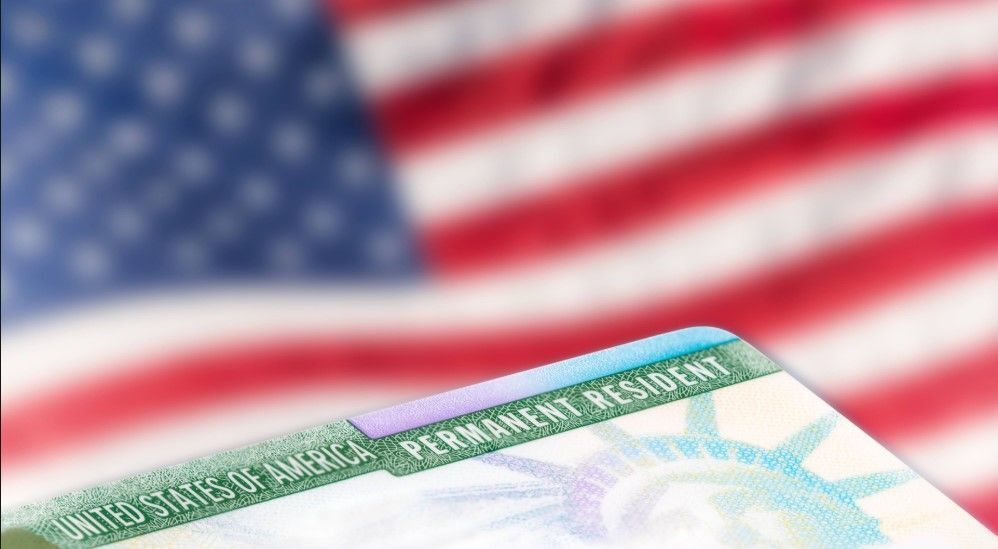US removes country cap on Green Card; Indians to benefit

The US House of Representatives has passed by an overwhelming majority a legislation to remove the seven per cent country-cap on Green Card applicants
Washington: The US House of Representatives has passed by an overwhelming majority a legislation to remove the seven per cent country-cap on Green Card applicants, a development which could end the agonising wait of tens of thousands of talented professionals from countries like India who have sought permanent residency.
The Bill, when signed into law, increases the per-country cap on family-based immigrant visas from seven per cent of the total number of such visas available that year to 15 per cent and eliminates the seven per cent cap for employment-based immigrant visas.
A Green Card allows a non-US citizen to live and work permanently in America.
Indian IT professionals, most of whom are highly skilled and come to the US mainly on the H1B work visas, are the worst sufferers of the current immigration system which imposes a seven per cent per country quota on allotment of the coveted Green Card or permanent legal residency.
The Bill titled 'Fairness for High-Skilled Immigrants Act of 2019' or 'HR 1044' to eliminate the per-country numerical limitation for employment-based immigrants, to increase the per-country numerical limitation for family-sponsored immigrants, and for other purposes, was passed on Wednesday by an overwhelming 365-65 votes in a 435-member House.
Lifting the per-country cap would mainly benefit professionals from countries like India, for whom the wait for Green Card is more than a decade. Some of the recent studies have said the waiting period for Indian IT professionals on H-1B visas is more than 70 years.
The Bill also establishes transition rules for employment-based visas from Financial Year 2020-22 by reserving a percentage of EB-2 (workers with advanced degrees or exceptional ability), EB-3 (skilled and other workers), and EB-5 (investors) visas for individuals not from the two countries with the largest number of recipients of such visas.
Of the unreserved visas, not more than 85 per cent shall be allotted to immigrants from any single country, Congressional Research Service (CRS) said.
The Bill, however, has to be passed by the Senate, where the ruling Republican Party enjoys a majority, before it can be signed into law by US President Donald Trump.







